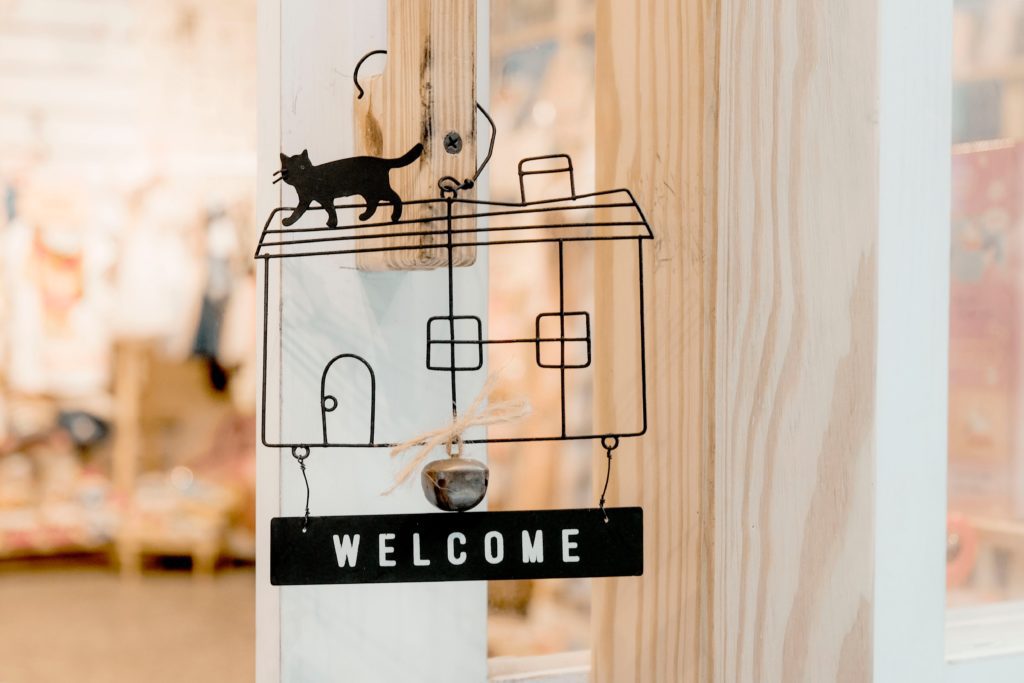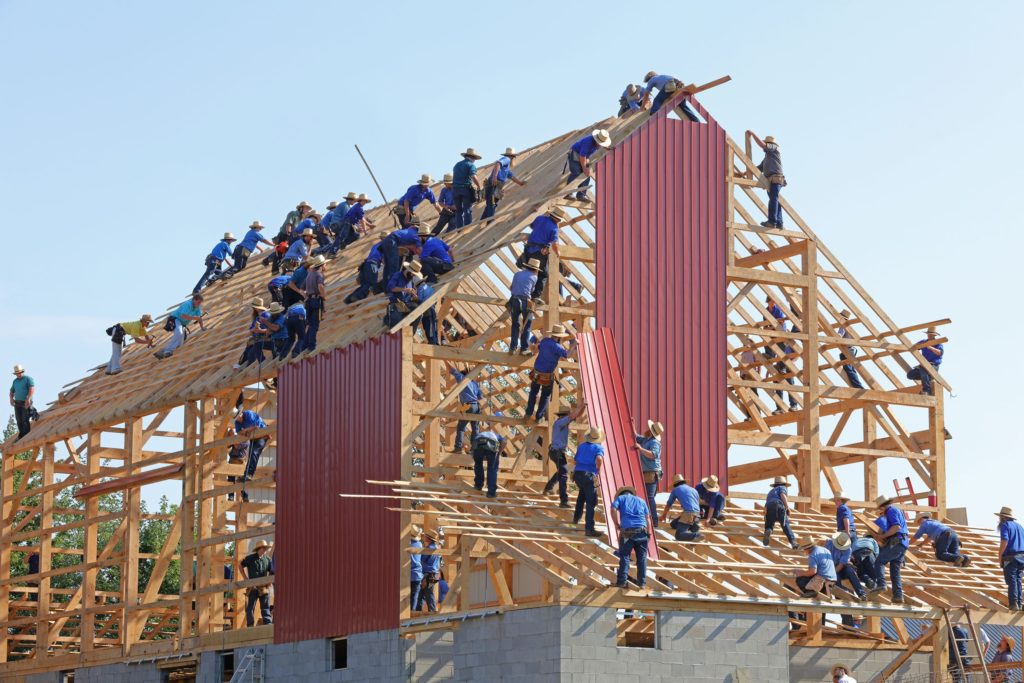Today the world wide web is 30 years old.
The founder of the web, Sir Tim Berners-Lee has written a passionately worded article about the future of his invention, and hints at how community building plays a key part.
Tim explains that the web has become more than just a place to find information, which was the initial purpose of the HTTP part of the internet that we now know as ‘the web’.
The World Wide Web is also a place to connect with others. It’s not only a shopping mall but also a service provider. It’s not just a place we find news, but a place to find humour, kindness and mutual support.

Opportunities and dysfunctions
There are three key dysfunctions that are harming the web today, according to Tim:
- Deliberate malicious acts
- Intentionally manipulative systems
- Unintended consequences from things that had good intentions
I think a fourth dysfunction underpins how those three dysfunctions are able to happen – the lack of effective resources (machine and human) for managing online spaces. In other words: ineffective or insufficient community management, moderation, design, security, development and web administration.
As recent articles have alluded to, Facebook’s failures indicate that their platform could be working as intended. Their response – with a fresh interest in ‘private spaces’ – shows a possible change in direction. Time will tell.

Caretakers of the web
For websites, communities and social networks to work well, we need community managers, moderators, designers, developers and web administrators.
We also need well-trained and well-resourced people and tools, ethical practices and organisations held to account by effective laws. This is vital to ensure the web is well managed, and users are protected from harm.
The Web Foundation which is working to bring this about with their Contract for the Web which asks people to:
Be creators and collaborators on the web so the web has rich and relevant content for everyone.
Build strong communities that respect civil discourse and human dignity so that everyone feels safe and welcome online.
Fight so the web remains open and a global public resource for people everywhere, now and in the future.

The role of community
Community Managers have a key role to play in caretaking our own online communities and looking after our little corner of the web.
We have the ability to establish our own cultures – offering connection and encouragement, and enabling people to feel that they belong.
We’re able to manage expectations – removing damaging content, encouraging positive behaviour and closing the door on people who harm the wider community.
We’re also able to empower and enable – sharing useful information with newcomers, helping to co-create resources that benefit the community, and signposting people to specialist help and support.

Community Managers who are dedicated to making the web a better place for everyone are worth their weight in gold. They need recognition, appreciation, and support.
Thanks to the commitment and hard work of many digital roles including community managers, the future’s looking good on the web. Here’s to another 30 years!
